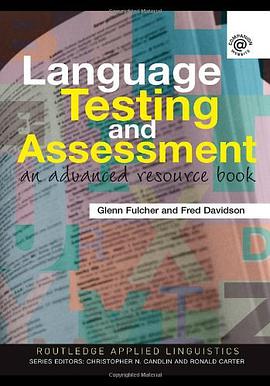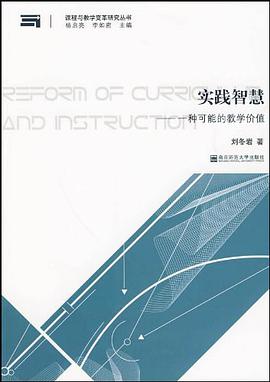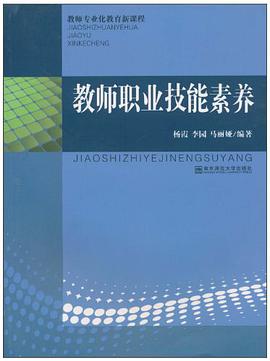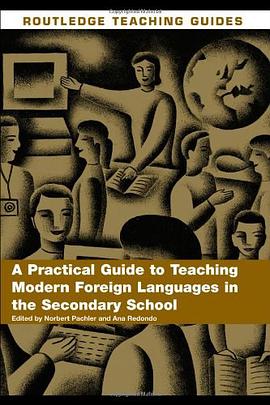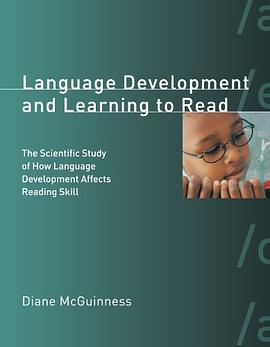

具体描述
Research on reading has tried, and failed, to account for wide disparities in reading skill even among children taught by the same method. Why do some children learn to read easily and quickly while others, in the same classroom and taught by the same teacher, don't learn to read at all? In Language Development and Learning to Read, Diane McGuinness examines scientific research that might explain these disparities. She focuses on reading predictors, analyzing the effect individual differences in specific perceptual, linguistic, and cognitive skills may have on a child's ability to read. Because of the serious methodological problems she finds in the existing research on reading, many of the studies McGuinness cites come from other fields -- developmental psychology, psycholinguistics, and the speech and hearing sciences -- and provide a new perspective on which language functions matter most for reading and academic success.McGuinness first examines the phonological development theory -- the theory that phonological awareness follows a developmental path from words to syllables to phonemes -- which has dominated reading research for thirty years, and finds that research evidence from other disciplines does not support the theory. McGuinness then looks at longitudinal studies on the development of general language function, and finds a "tantalizing connection" between core language functions and reading success. Finally, she analyzes mainstream reading research, which links reading ability to specific language skills, and the often flawed methodology used in these studies. McGuinness's analysis shows the urgent need for a shift in our thinking about how to achieve reading success.
作者简介
目录信息
读后感
评分
评分
评分
评分
用户评价
相关图书
本站所有内容均为互联网搜索引擎提供的公开搜索信息,本站不存储任何数据与内容,任何内容与数据均与本站无关,如有需要请联系相关搜索引擎包括但不限于百度,google,bing,sogou 等
© 2026 onlinetoolsland.com All Rights Reserved. 本本书屋 版权所有








